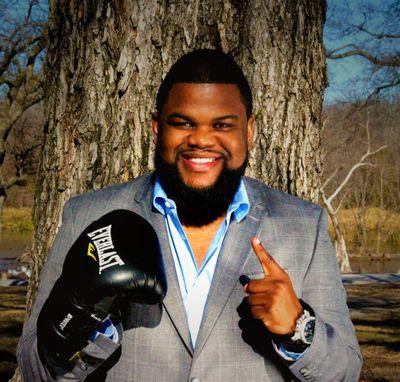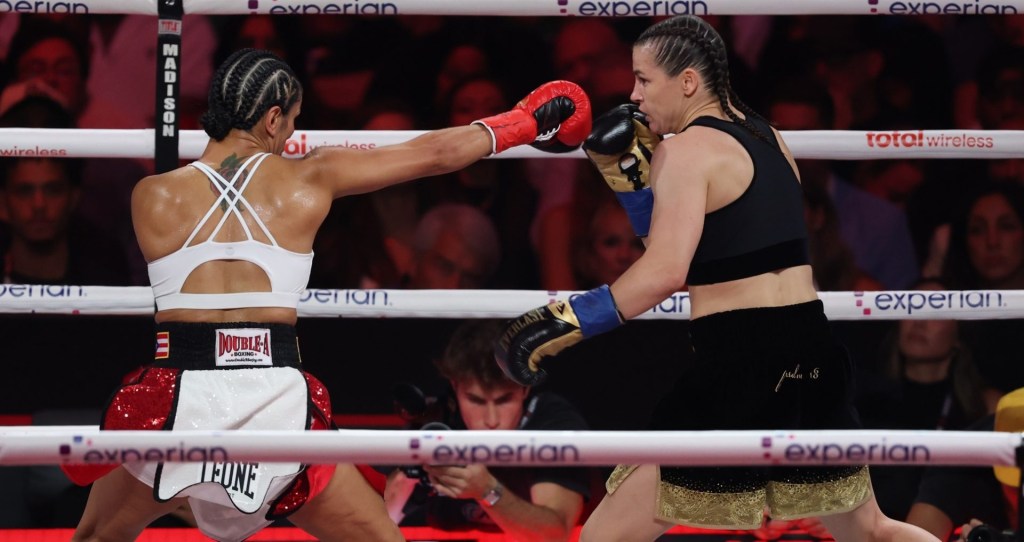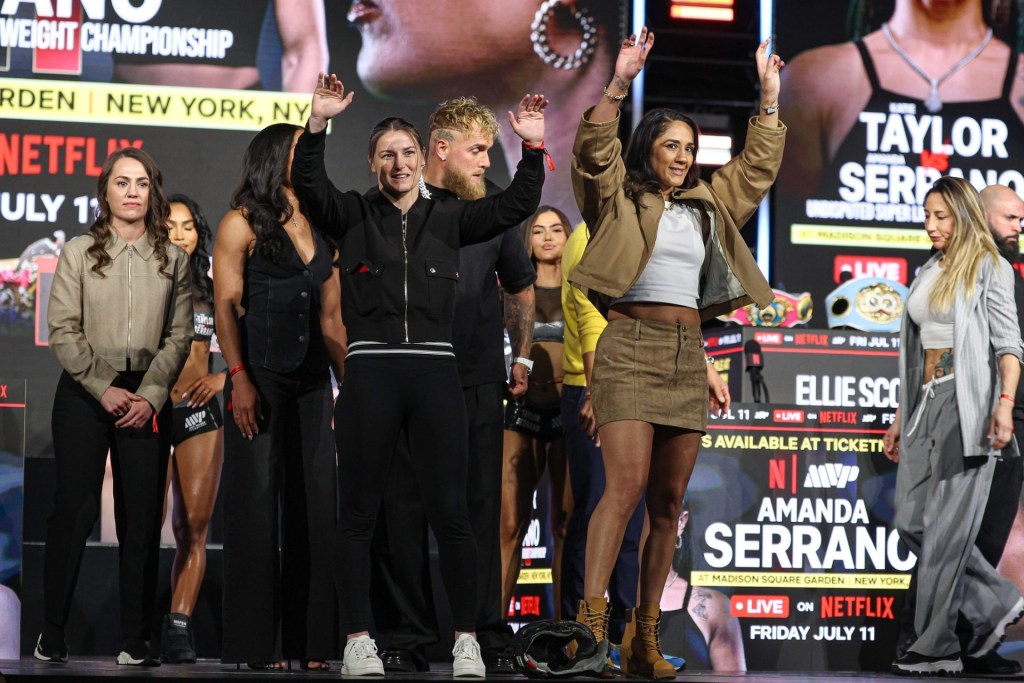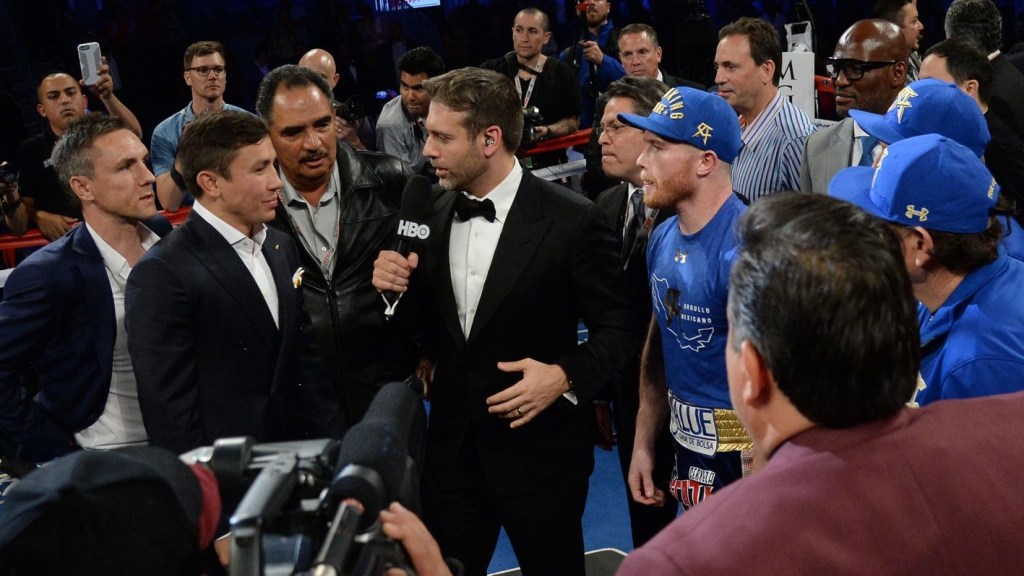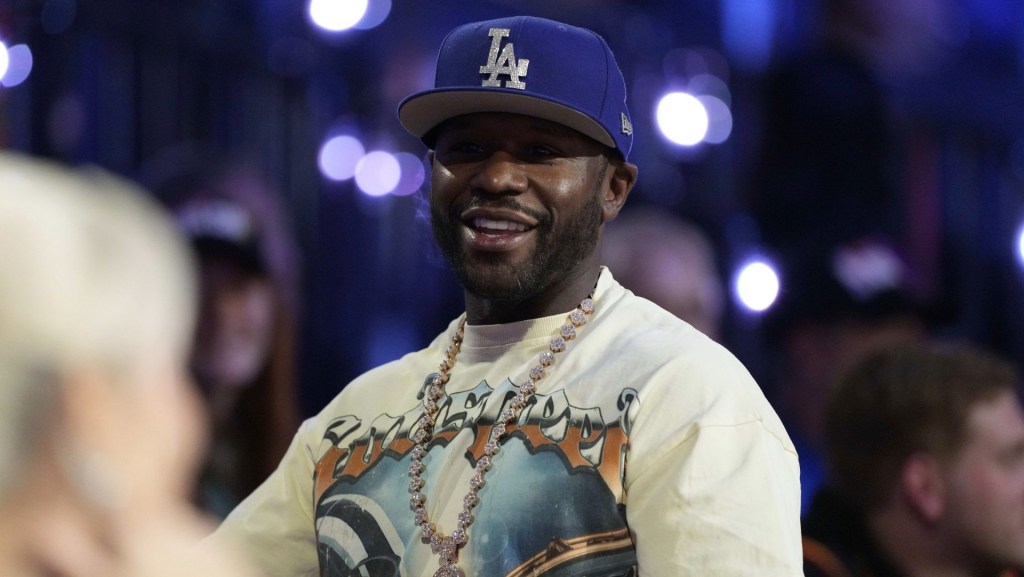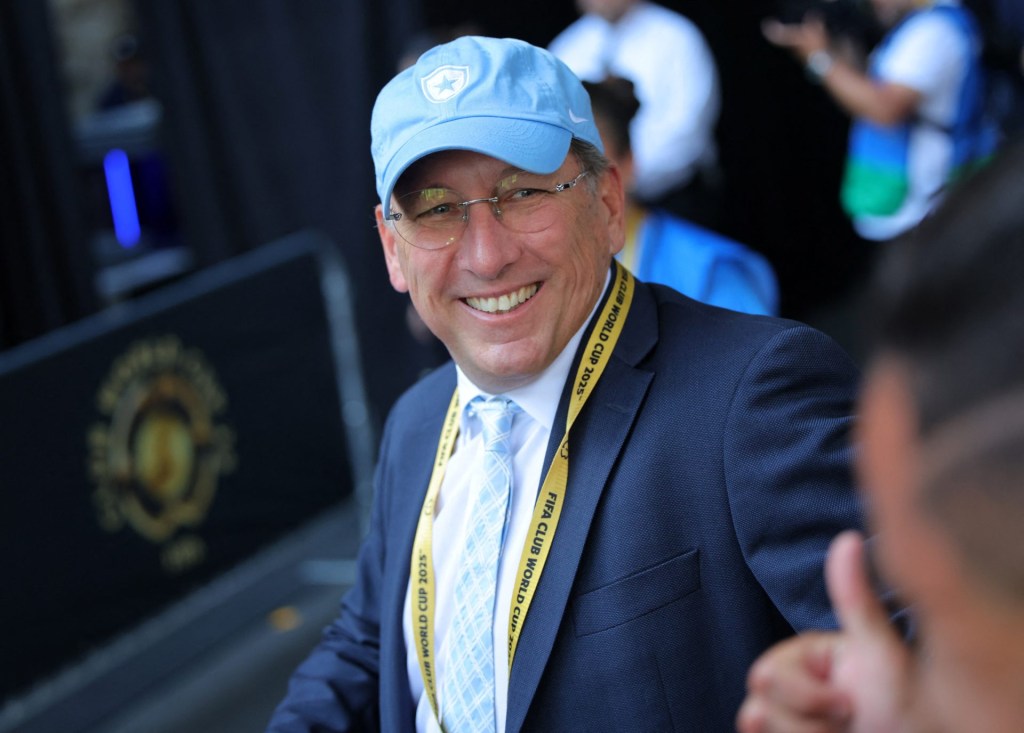By: Peter Studer, @Pete_Studer

Front Office Sports is proud to have sat down with Adrian Clark, Founder of AC Sports Management, a representative agency for professional boxers. In 2015, Adrian was featured on the Forbes Sports: 30 under 30 list and has quickly risen to be one of the most respected managerial voices in the combat sports world. He recently released a boxing manifesto aimed at restructuring the relationship between fighters and management, in a move that will actively disrupt the industry as we know it.
To start off, could you tell us about your career path and give us a quick overview of AC Sports Management?
My career path was really unconventional. I started as an entrepreneur with no mentors, no investors, and really no backing. I knew I wanted to work with professional athletes so I did whatever it took to get there. Luckily I was able to reach out to some interesting resources. One in particular, CJ Miles (Indiana Pacers), really got me started. He and I grew up together in Dallas, TX. I remember one day at Texas A&M — Corpus Christi I was walking on the beach trying to figure out what the hell I was going to do once I graduated. I didn’t want to move back home with my parents so I ended up calling him and just said, ‘Man, I really want to get into the sports industry, but don’t know where to start. It would be great if I could move to Utah and intern under you.’ It would be a great opportunity to learn how pro athletes live, get my feet wet, take some notes and learn the industry. Thankfully he agreed. I was supposed to live in Salt Lake for two months, but once I got there I immediately started thinking of things I could do to stick around and 2 months turned into 4 years.
In 2012 I took a leap and started AC Sports Management because I didn’t want to work for any other agency. I didn’t have much money and I didn’t really know what the hell I was doing, but I knew I didn’t want to be under anyone else. I was comfortable with and confident in myself. I’m looking to build it into the number one combative sports management company in the world in regards to management, which in my opinion is what’s missing in professional boxing and MMA. We don’t have a home to manage professional athletes. There’s the Wasserman Group in basketball, CAA in football and baseball, but there’s nothing like that for combat sports. There’s no one who says, ‘I want to be with THAT company.’ I’m hoping to do that with AC Sports management.
It takes a lot to set out and start your own business, especially in a field as competitive as professional boxing. What inspired you to make the leap and why were you confident you could be successful?
I was an amateur fighter in college. You have to be confident. You would be crazy to step into the ring otherwise. I didn’t come up in boxing. My parents didn’t box. My brother wasn’t a professional fighter. It was just something that I wanted to do and I feel that to get in the boxing ring, to get punched in the face and take punishment, you have to be overly confident and almost crazy.
I’ve always had the confidence to step out and do things myself, but you also have to be a little crazy to start a company and turn it into something great without much money or a big backing behind. I attribute my success to my career of amateur boxing in which I wanted to be the best. Even though I started late and started learning things late I wanted to be the best amateur boxer in the world. I trained like I was going to be the best. I had a strict diet like I was going to be the best. I did everything as if I was going to be the best. I translated that mindset over to AC Sports Management where if I don’t know something, or if I don’t know certain people, or if I don’t have money, I keep at it like I’m going to be the best. Either way it goes I’m going to work to be the best.
What does it take to build valuable relationships in your industry? Not just with clients, but with everyone you interact with on a daily basis?
In boxing, where things are not done the right way a lot of the time, it’s about doing things the right way. You have to treat people with respect even if they don’t respect you. I’m one of the youngest, if not literally the youngest, in the boxing world on the business side. I’m the same age as most of the fighters. What has kept me afloat and what has people eager to do business with me is the reputation that floats around me. I’m a young kid that does business the right way and is very respectful.
When people disrespect me, or they present me a bad deal, I don’t take it personally. The key to longevity in this business or any business, is to do business the right way. You can’t screw someone over for a couple of dollars it’s not looking to get over on people. Do things the right way and have a respect for your counterpart. Whoever they may be. Keep cool and maintain that respect. It’s something I learned from amateur boxing. Keep cool no matter what someone says, especially in the ring. It’s difficult to when you’re getting punched in the face. Remaining calm and thinking why did I get punched, which hand did I get hit with. You have to stay cool, calm and collected and game plan your response. I’m a rarity in boxing as a manager that’s actually fought before, so I think certain principles I had in the ring and applied them to the business.
You recently made the Forbes Sports: 30 under 30 list and it seems that you take real pride in the work you’ve done at such a young age. What did it take to make such an impact so early in your career?
I lost a lot of sleep. There was a lot of sacrifice involved. It’s not something I just obtained because I was a good guy, or because I was respectful. There were a lot of sleepless nights. There were so many situations where I fell flat on my face and had to pick myself back up; pick the pieces back up and put something back together. It’s something I talked about in the book I just wrote. The sacrifice is something that people won’t understand until they go through it and once you do and recover from it. It’s something that you’ll appreciate once you’ve come out of it.
Tell me a little about your book?
It’s called ‘i: A Guide for Young Entrepreneurs,’ and is currently available on Amazon.com. The reason I wrote the book, which took me roughly 6 months to write and 3 months to put together, is that I don’t want other entrepreneurs to have to go through the same things I went through. I went through a lot on my journey in not having a mentor, not having an investor or a partner, no one to steer me if I was headed in the wrong direction. No one to give me guidance and say, ‘Do this. Don’t do that.’
I was in Montreal and that’s where I thought of the concept of the book. I was going to help individuals who were like myself and individuals who are in corporate America or individuals who are thinking about making that jump towards entrepreneurship. I’m going to help them start their journey from the standpoint of giving them the necessary tools to survive as an entrepreneur. Not necessarily the tools to be successful, because the definition of success is different for everyone, but the concept of the book is to guide people in the right direction and tell them what mistakes not to make or what pointers work and making sure that you can exist as an entrepreneur. I took my experience, good and bad, and transformed them into a guide that will hopefully help a lot of people.
I’ve also been selling the book out the trunk of my car! When I was younger I was infatuated with rappers selling CDs out of the trunk of their cars. They were really hustling their music for the people to hear. So what I’ve been doing lately in Dallas is driving around and literally selling the book out of the trunk of my Camaro. It’s not by force, it’s something that I wanted to do. I actually wish I could do it more often in other parts of Texas and the rest of the country.
Where do you see the sport of boxing headed in the next 5, 10, 15 years? What do you envision as your role in taking it there?
Boxing has been around for 100+ years, and it will stick around, but it’s going to take a collective effort from not just the fighters, but from the representatives, the promoters, and the matchmakers behind it. It’s going to take a collective effort to continue the sport and be as innovative as possible to make it more interesting for the general public.
I see myself as the top guy in boxing. When you hear Adrian Clarke, you’re going to automatically identify him as the man in professional boxing. He’s the guy that looks out for professional fighters from inside the ring all the way down the line to retirement. They’re forgotten after they retire and I’ll be the guy that’s known as truly the boxer’s manager not just a guy who’s claiming that. Boxers will know that Adrian Clark is the guy that fights for them.
What’s the best piece of advice you can give to 20-somethings looking to make in impact in the world of sports business?
It’s not what you know. And it’s not who you know. It’s who knows you. And that’s something that people fail to understand, especially the millennials of today. People name drop all the time about who they know, or what college they went to, or what education they have, but you have to network with the right people and be in the right circles to get you to where you want to go. It comes with people knowing who you are and knowing what you do. If someone can identify with you face-to-face, or through an article you’ve written, or a speech that you’ve made. Someone that knows who you are is way more beneficial than who you may know, or who you think you know. Network with the mindset that everyone you meet is an opportunity for someone else to get to know you.
You can get in touch with Adrian Clark via Twitter or on Linkedin.
